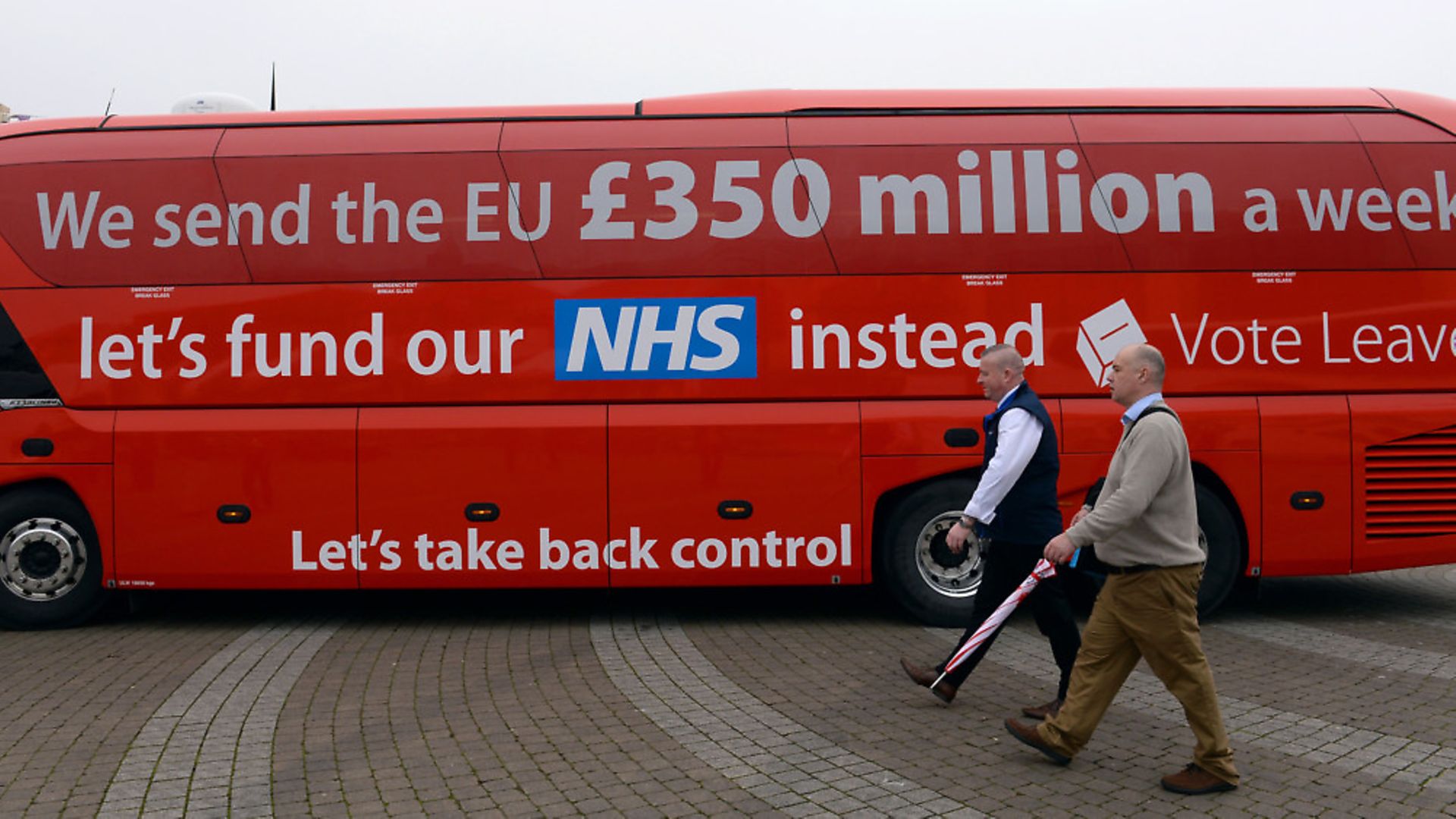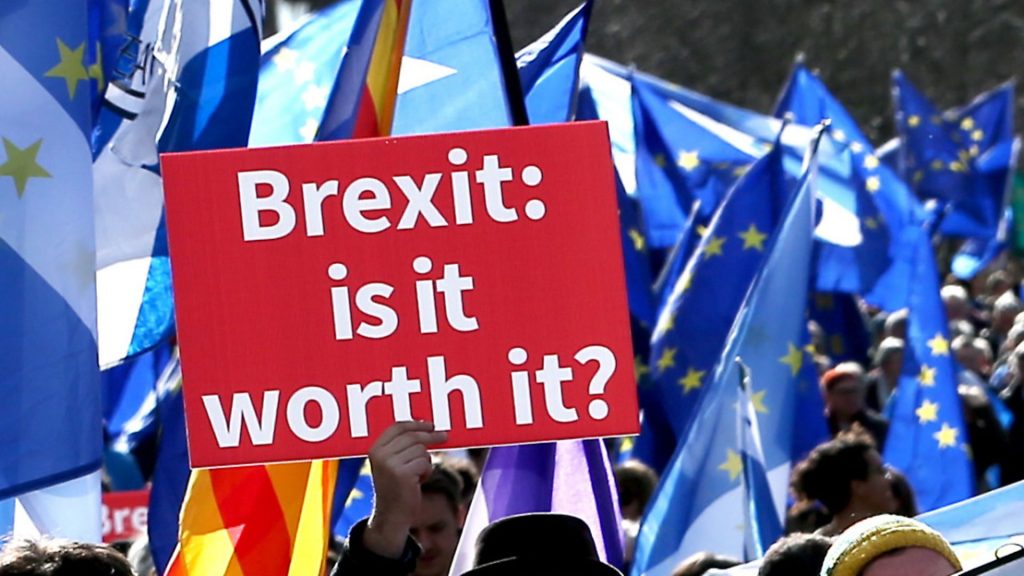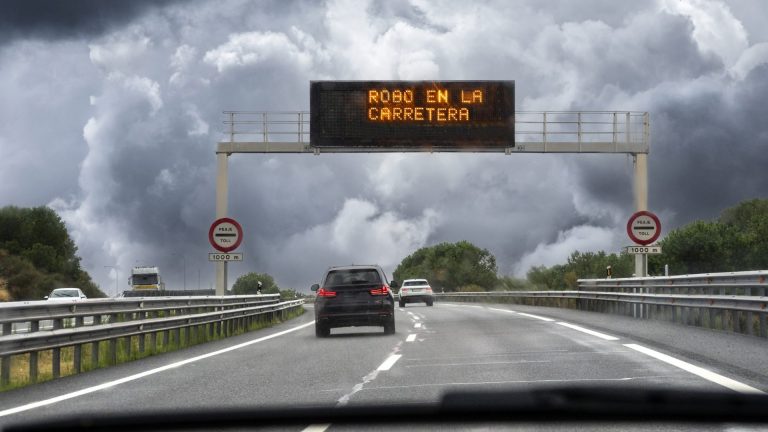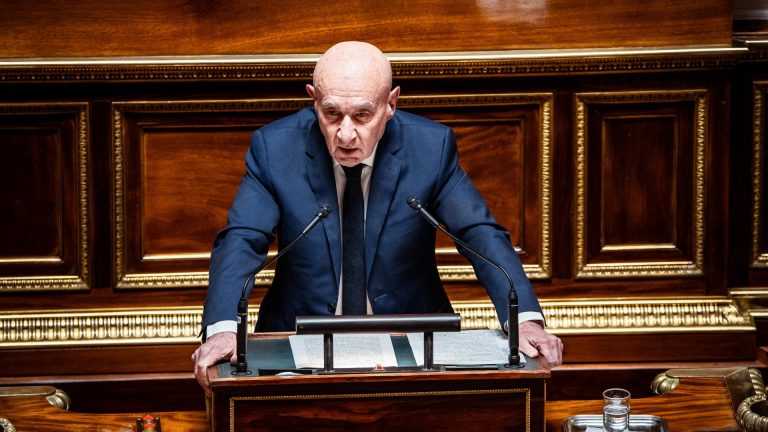
The latest allegations made about spending by Vote Leave during the referendum are gaining political traction. But it is worthwhile trying to leave the politics to one side, to concentrate, instead, on the claims from a legal perspective.

Vote Leave, as the designated leave campaign in the 2016 referendum, was allowed to spend a maximum of £7 million. After the vote it had to file a declaration under s.123 of the Political Parties, Elections and Referendums Act 2000. This had to state how much it had spent in each of a number of permissible categories, including advertising and unsolicited material sent to voters. Vote Leave’s statutory ‘responsible person’ had to sign off a complete and accurate declaration, as required by law.
Late in the campaign Vote Leave is said to have received a donation of £1 million. If it had spent this money in its own name it would have gone well over its spending limit. So the group donated £675,000 to another campaign, called BeLeave. This is said to have been the personal campaign of a 23-year-old fashion student from Durham, Darren Grimes.
In 2016 it was not illegal for one registered referendum campaign to donate some of its funds to another one, and for the second one then to spend the money campaigning for the same outcome. Provided, that is, the arrangement did not fall foul of paragraph 22 of Schedule 1 of the European Union Referendum Act 2015 (bear with me…).
Paragraph 22 concerned referendum expenses incurred in pursuance of a plan or arrangement. These are known under the 2000 Act as ‘common plan’ expenses. If there were such common plan expenses, and they were – in reality – incurred on behalf of both campaigns, then they were treated in law as the expenses of the donor campaign (in this case Vote Leave) as well as the recipient campaign (here BeLeave). So they had to be separately identified on the statutory declaration of the donor campaign as its own expenditure. A separate reverse declaration, saying the opposite, had to be made by the recipient campaign that actually spent the money.
Carole Cadwalladr, the Observer journalist, who has led the way on investigating this issue, noted that BeLeave’s s.123 declaration said the £675,000 was spent buying on data and advertising services from an obscure company on the west coast of Canada called AIQ.
Vote Leave’s declaration said that nearly £2.7 million (just under 40%) of its own budget had also been spent on AIQ services. But it did not declare the £675,000 given to and spent by BeLeave, whether as its own spending or as common plan expenses. BeLeave declared the AIQ expenditure as its own, again rather than common plan expenses.
The Vote Leave officials are adamant that there was a bona fide donation of £675,000 to BeLeave and that the subsequent extra expenditure on AIQ services declared by BeLeave was not incurred in pursuance of a plan or arrangement.
Cadwalladr raises a powerful case to the contrary. First, her source from within Vote Leave, Shahmir Sanni, says that Darren Grimes and BeLeave were part and parcel of Vote Leave from the outset. Sanni worked with Grimes throughout. He alleges that BeLeave was simply the style of its youth campaign.
Grimes was the embodiment of that youth campaign. He ran it from the Vote Leave offices, using Vote Leave resources.
Sanni also claims that when the time for the ‘donation’ came, Vote Leave drafted a constitution for BeLeave to give it the appearance of an independent campaign. Sanni also provided documents to Cadwalladr. These appear to show that when the Electoral Commission first started to investigate allegations about collusion between Vote Leave and BeLeave in 2017, the names of certain Vote Leave officials were deleted from a Google drive on which BeLeave shared content with Vote Leave and AIQ.
Secondly, Sanni says that Grimes never had any control over the £675,000 of Vote Leave’s cash. The ‘donation’ to his campaign was a purely paper exercise that surfaced when the declarations were filed. On this basis it may not even have been common plan expenditure. It may be characterised as Vote Leave’s expenditure, hidden behind BeLeave’s declaration.
Thirdly, there is the strange coincidence of both campaigns declaring large amounts of expenditure on the data and advertising services of the exactly the same company, based out in British Columbia. Cadwalladr and her other source, Chris Wylie, suggest that AIQ is connected with his former employer, Cambridge Analytica, which, as the world now knows, used harvested Facebook data to build an online political targeting system in America. Its chief executive, Alexander Nix, has been caught boasting in a C4 News undercover sting of the company’s expertise in the darker arts of electoral campaigning. He denies any wrongdoing, but huge issues have been raised and must be resolved in the public interest.
Vote Leave was the official campaign. It was designated by the Electoral Commission having applied for this unique status, assuring the watchdog of its worthiness. As a result it got a much higher spending allowance than any other leave campaign and a large contribution from public funds.
Its officials must now give the Electoral Commission access to all of its records and provide full answers to the questions it will ask. The Commission will want to know why it gave away such a large amount of its own money to an inexperienced and unqualified campaigner like Grimes. A more obvious concern might have been to ensure the extra cash was spent efficiently in accordance with Vote Leave’s objectives.
The public is entitled to know what, if anything, links AIQ and Cambridge Analytica. Hopefully the Information Commissioner’s investigation into Cambridge Analytica will provide an answer to this question.
And we must be told why both campaigns used AIQ’s services, and precisely what services were bought with this money. Did Vote Leave officials know of any such link and did they know of Cambridge Analytica’s alleged willingness to use data derived from voters’ online activity without their consent? If not, how did they understand that it was apparently able to target its political messaging so effectively?
So far AIQ has refused to deal with the Electoral Commission, saying that it is beyond the jurisdiction of UK election law. The form of declaration, lamentably in what is supposed to be a transparent system, did not require campaigns to give this sort of detail.
Parliament must also ask: if we ban campaigns from spending over a particular limit, why do we allow them to raise unlimited funds? When a campaigner, whether a party in a general election or a national referendum campaigner, has more banked than it can spend, you have a potential problem. The temptation to find ways to move the extra funds into the hands of sympathetic co-campaigners is obvious.
Last May, in response to allegations at the time against Cambridge Analytica and its targeted social media ‘messaging’ for campaigns, I wrote an article in these pages and suggested that a public inquiry, preferably judge-led, would be the only way of getting to the bottom of these matters. The inquiry has not happened.
Here I am writing for The New European again. Hopefully this time, with Cadwalladr’s extraordinary investigation to help them, the Electoral and Information Commissions will manage to expose the facts without a public investigation. They have a range of investigative powers, though nothing like those that would be available to a judge. Now they must show us they can use them effectively.
Gavin Millar QC is a barrister at Matrix Chambers and is an expert in electoral law






